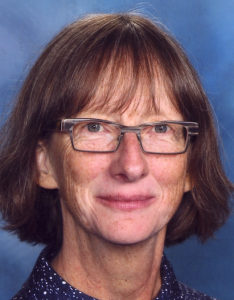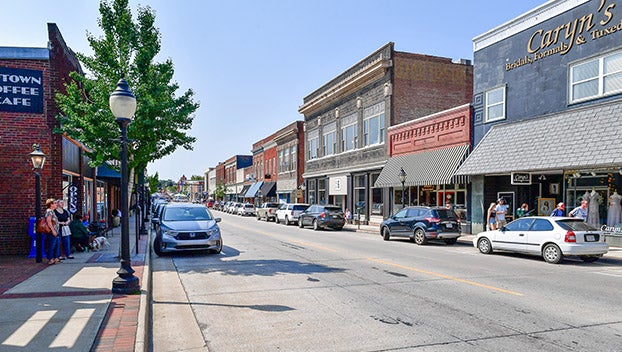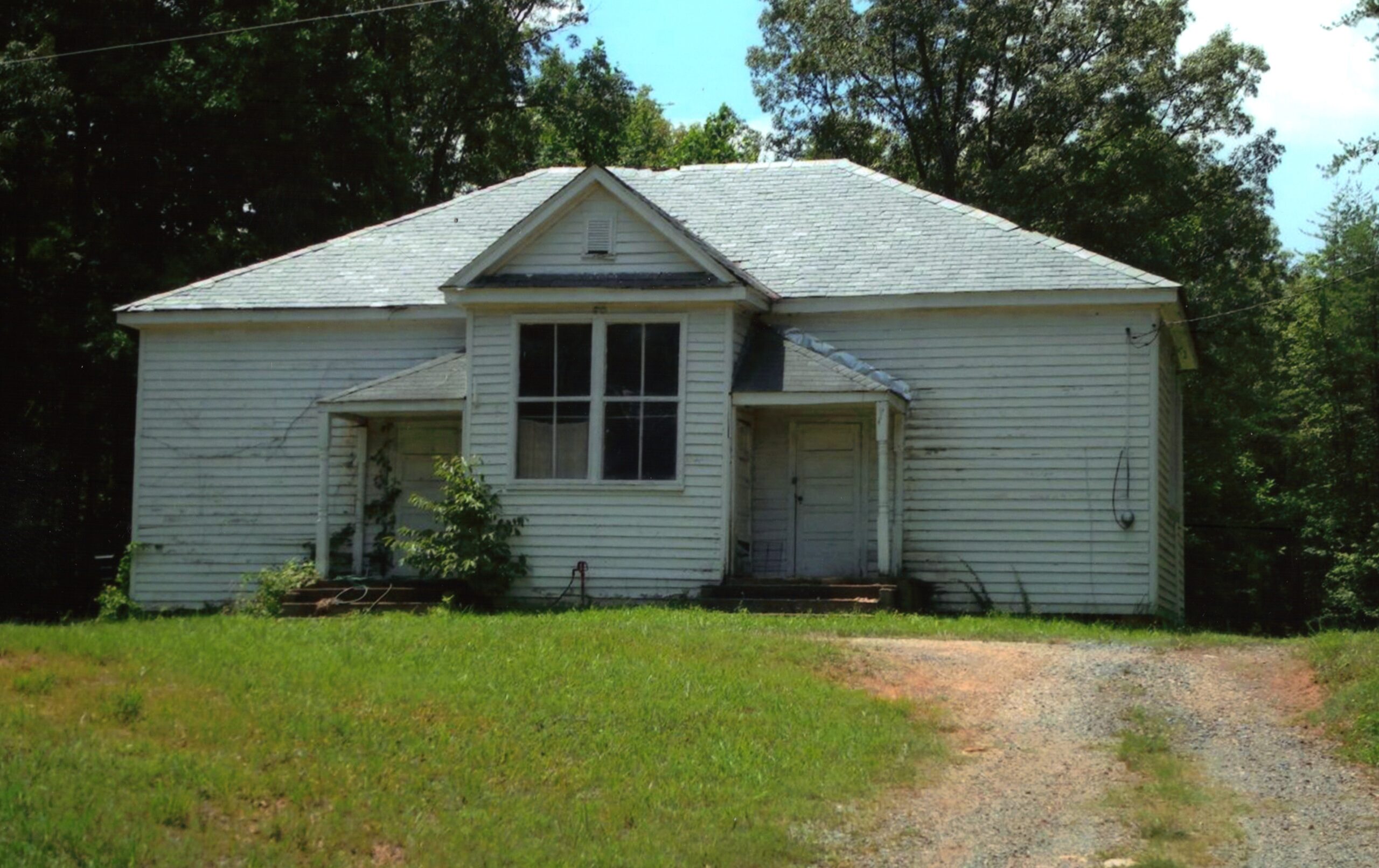Drawbacks outweigh benefits
Published 12:50 pm Thursday, April 19, 2018
The drawbacks of the Atlantic Coast Pipeline outweigh benefits of scant job opportunity for our workers. Who does not want to be able to provide for themselves and the ones they love? Since they announced plans for the Atlantic Coast Pipeline, Dominion and the State officials who have accepted campaign
contributions or other lavish gifts from them have proclaimed what an employment boom the project will bring to the geographic heart of Virginia. Dominion’s court testimony and actions so far in the process, however, prove that they are preying on our need for gainful employment. They are trying to deceive our community with the false promise of jobs to accept the pipeline and compressor station for which no need has been demonstrated as existing natural gas supplies are sufficient. The information session reported in The Herald, April 12 article, “ACP to Hold Open House” promises to be just another outpouring of Dominion’s exaggeration of employment opportunities and lies about community safety.
During recent litigation, Dominion admitted that only 7 percent of ACP jobs may go to Virginians and there is no guarantee that any of this paltry fraction will go to workers in Buckingham or surrounding counties. If they are so eager to hire locally, why were none of the surveyors from this area and why were almost all the pickup trucks driven by the forest felling crews from out-of-state? The description of the compressor station in the application for the special use permit stated that eight employees would work at the station and that 75 construction workers would be needed for 8-12 months. After Dominion believed that they had won favor of the Buckingham Board of Supervisors, the eight employees proved to be nonexistent. The station will be monitored remotely by one person in West Virginia, which not only strips the site of ready oversight thereby increasing our already extreme safety risk, it denies us the employment opportunity. Dominion conceded, after being questioned, to install one temporary on-site employee as if this is evidence of working with citizens to assuage their fears. Given the disappearance of the permanent positions, the promise of construction jobs is not credible.
Trending
Dominion will probably employ a few local people, just to claim that they are creating jobs. But the benefit of these jobs is trivial when compared to the risks and consequences of having any ACP infrastructure in our region. According to the US Pipeline and Hazardous Materials Safety Administration, explosions and other natural gas infrastructure failures from 1998 to 2017 included 1,569 fatalities and injuries and caused over $8 billion in damages. Compressor stations noisily spew carcinogens, methane, and particulates into the air 24/7 so much so that the National Forest Service would not allow the ACP to locate on forest service land because of the threat to wildlife. It is slated instead for the predominantly African-American community of Union Hill. Who would want a couple of months of labor in exchange for a legacy of the spoils of the pipeline including environmental degradation, contaminated water, the destruction of climate change, lost real estate values, environmental racism, compromised health and, the theft of your neighbor’s land through a perverse use of eminent domain?
Resources wasted on the ACP should be invested in renewable energy where, according to Alan Hoffman formerly an analyst for the U.S. Department of energy, “if a primary national goal is to create jobs in the energy sector, investing in renewable energy is considerably more effective than investing in fossil fuels.” This is evident in Buckingham where, as reported by the Herald, a 20 megawatt solar generation facility as approved by the Board of Supervisors will create 13 new permanent positions and use as many as 250 workers for construction.
Georgianne Stinnett is a home and land owner in Buckingham County where eight generations of her family have lived. She divides her time between Buckingham and Richmond. Stinnett has a bachelor’s degree in Environmental Science and has worked for years under contract to the EPA as an environmental scientist. She now teaches and work as an environmental activist and artist.






